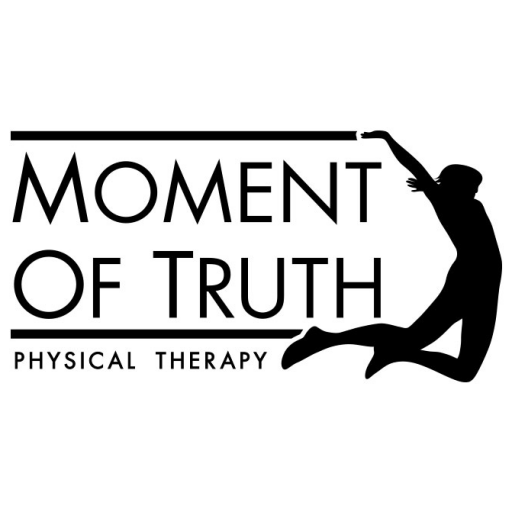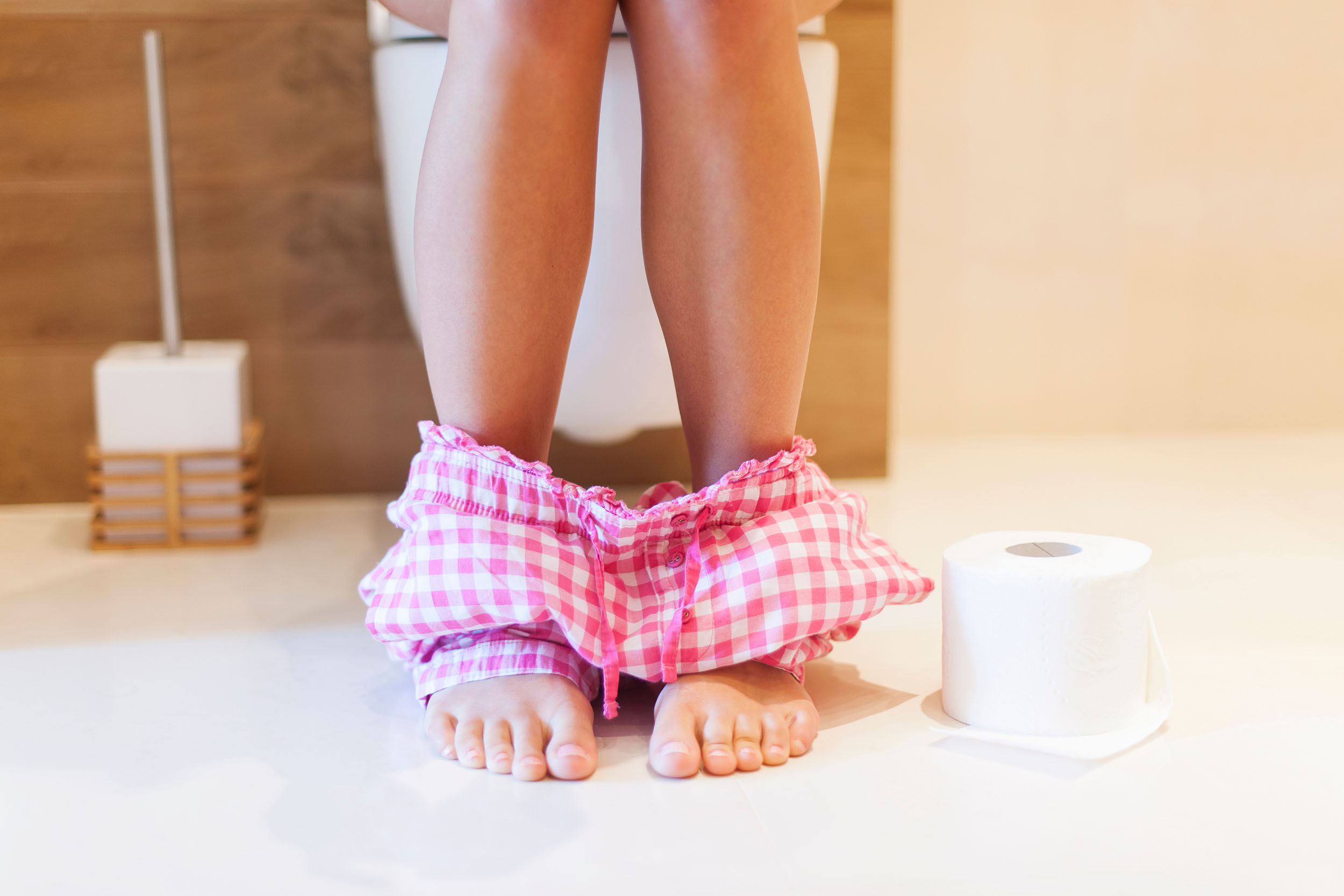There are many things you probably felt ill-prepared for during the postpartum period — and chances are, one of those “surprises” may be urinary incontinence.
When you’re pregnant, it’s common to pee more often — not only are your hormones changing and your body producing more fluids than usual, but the extra weight of your baby during the later stages of your pregnancy can put extra pressure on your bladder.
So, you probably thought that the constant urge to urinate would leave after having your baby, right? To your dismay, you realize that the “pee problems” are just beginning — now it seems you are struggling with postpartum urinary incontinence.
Why Does Postpartum Leaking Happen?
Postpartum leaking (stress incontinence) is extremely common among postpartum women. In fact, one in three women who have had a baby will experience urinary leakage at some point during the postpartum period.
During delivery, your pelvic floor muscles stretch to make room for the baby. However, these muscles don’t just “snap back” after your baby is born. It takes months for these muscles to heal fully. The combination of postpartum hormones and stretched pelvic floor muscles means that the support of your bladder is weakened — which can lead to postpartum leaking.
There are many reasons for postpartum leaking — from bladder prolapse to tension of the abdominal muscles. However, the cause is not always weakness. Postpartum women are more likely to struggle with stress incontinence if:
- They just had their first baby.
- They had a prolonged labor.
- They delivered a large baby vaginally.
- They had bladder or bowel problems before or during pregnancy.
- They had a difficult delivery requiring tearing, stitching, forceps, etc.
Women who have a cesarian are also not in the clear. Though women with a cesarian aren’t as likely to develop urinary issues with their first or second baby as women who deliver vaginally, their odds of developing bladder issues are just as likely after the third C-section or if scar tissue affects the bladder.
What Makes Postpartum Leaking Worse?
If you want to improve your postpartum leaking, focus on eliminating the following actions or situations that worsen postpartum leaking that are in your control.
- Constipation — Large amounts of stool in the colon can pressure the bladder, causing you to pee (or leak) more often. Make sure to eat a well-rounded diet and drink plenty of water to keep your bowel movements regular during the postpartum period.
- Coughing — Coughing can put unnecessary strain on your bladder, causing it to contract. The same thing can happen when you sneeze, laugh, or hiccup. Though you can’t necessarily control these bodily functions, it’s good to prepare for potential urinary incontinence if you develop a cold, get hiccups, or have allergies.
- Lifting — Lifting heavy objects, from the laundry basket to your toddler, can stress your bladder and cause you to leak pee. If you’re struggling with postpartum leakage, try to reduce your heavy lifting (as much as possible) until you are treated.
- Obesity — Remember how your baby’s extra weight can add pressure to your bladder, causing you to pee more often during pregnancy? The same thing can happen if you have excess weight on your body. That is why women who are obese or severely overweight will be more likely to deal with postpartum leaking.
It’s important to note that these are the same elements that worsen postpartum prolapse, so it’s good to get a hold of as many of these (as possible) before you get pregnant, during your pregnancy, or during the postpartum period to relieve stress on your body.
How Can I Fix Postpartum Leaking?
Though urinary incontinence will often resolve on its own, you can see results much more quickly by focusing on the following things — and no, kegels aren’t always the answer!
Deep Breathing
Intentional breathing helps to regain the connection between the diaphragm and the pelvic floor muscles. This is the first step to regaining bladder control, and then you can build back core strength for even more control over your bladder.
Muscle Balance
Many women assume that they have weak, loose muscles since they are leaking urine. While this can sometimes be true, clenched, tight muscles often put pressure on their bladder and cause postpartum leaking.
That’s why it’s crucial to balance the pelvic floor muscles by strengthening what is weak and loosening what is tight. And that’s also why kegels sometimes aren’t the answer — you may be clenching muscles that are already tight, making the problem worse!
Pelvic Floor Evaluation
Sometimes, fixing your postpartum leaking alone isn’t the answer and can make matters worse. Suppose you’ve been dealing with postpartum leaking and a spastic, inelastic bladder for a few months after your baby has arrived, and you’re going to the bathroom every half hour or so (and are still leaking after). In that case, investing in a pelvic floor evaluation is the right choice!
At Moment of Truth Physical Therapy, we can complete a thorough postpartum evaluation and start you on an at-home program to help you control your bladder. This ensures you don’t make negative progress — like doing kegels when you should be doing reverse kegels — so you can get started on the road to recovery more quickly.
How Can Moment of Truth Physical Therapy Help?
As we mentioned, Moment of Truth Physical Therapy in Peoria, Arizona, can provide an in-depth postpartum pelvic floor evaluation and give you an action plan for handling your postpartum leaking when you visit our office.
We want you to be able to return to all the active hobbies you love as soon as possible — whether that be hiking, running, or going to the gym — so if it’s safe, we won’t deter you from exercising while you recover. We take an active approach (literally!) to postpartum recovery.
If you’re ready to end your postpartum leaking, so you can go out in public without fear of an accident or spending too much time hanging around the restroom, we would love to help. Book a free discovery session to get started with our team at Moment of Truth!


0 comments